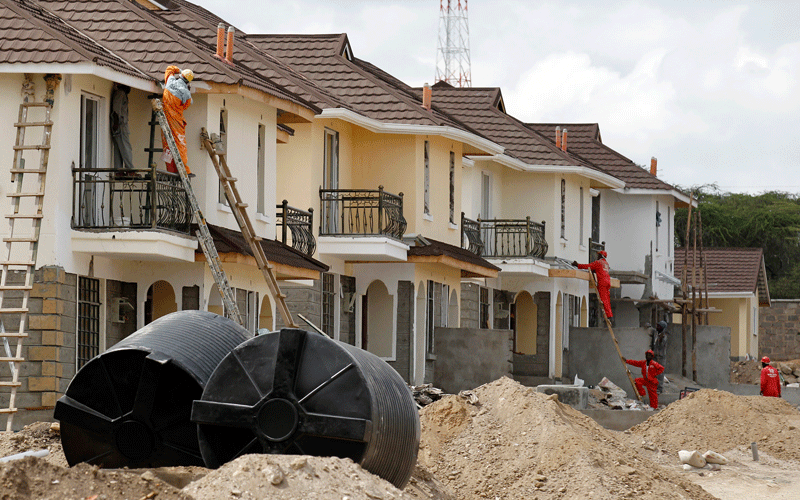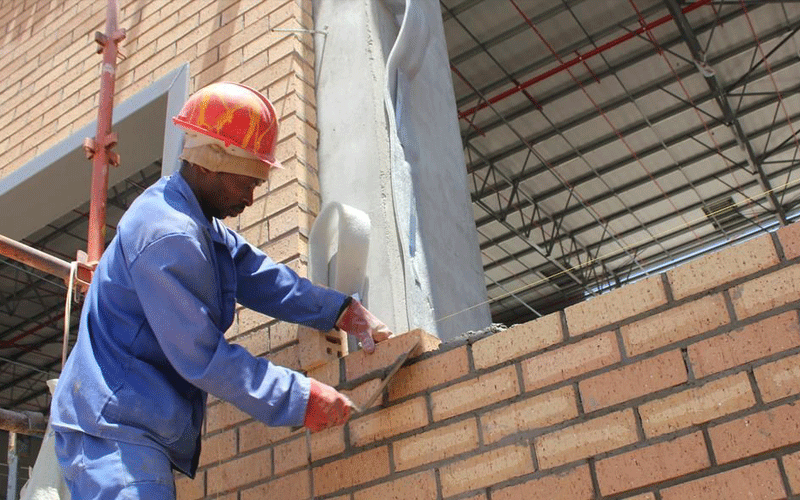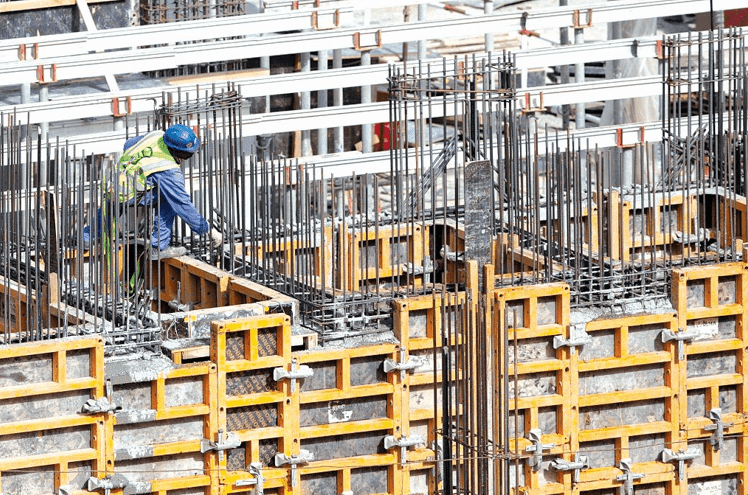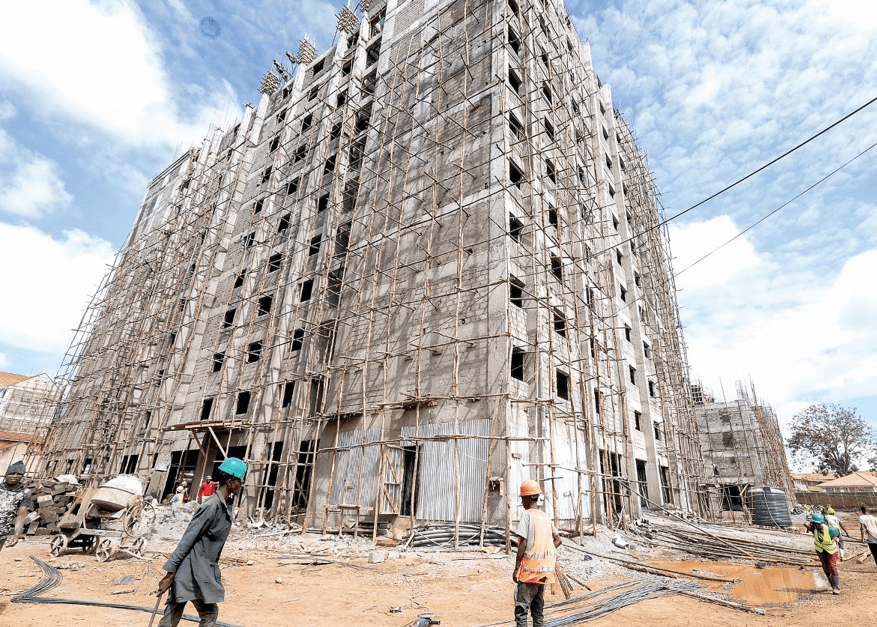Trends set to transform the construction industry
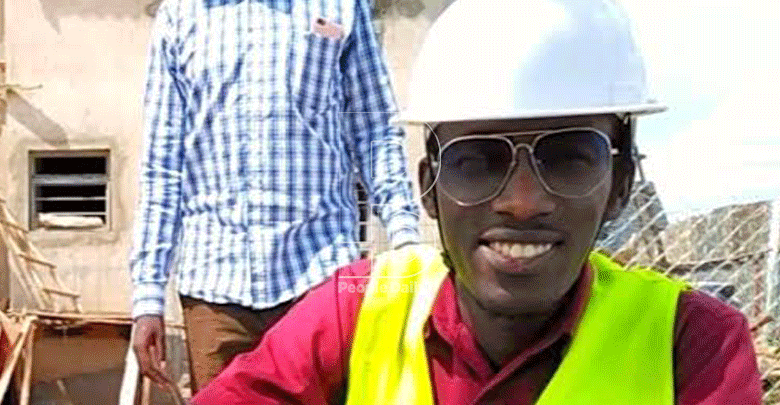
A landscaping architect and a project management professional, Moses Mwangi speaks about emerging shifts in the built environment, challenges, incremental building, small scale project management and the online show he hosts to help builders.
Betty Muindi @BettyMuindi
How would you describe the construction industry in Kenya. What progress have we made so far and what needs to be improved?
The growth of the construction industry in terms of value and volume has been on the rise, especially for the period between 2014-2019 for infrastructural, commercial and domestic sectors.
But the sector has been severely impacted by the Coronavirus pandemic and recovery is expected to be slow.
Residential and commercial construction sectors are going to be worst hit while infrastructural projects are expected to maintain growth momentum, supported by public spending.
Looking 20 years back and today, there have been monumental growth in the residential construction sector.
Before, the sector was unregulated and not many people were building houses, there was lack of financing or access to it, inadequate housing policies, lack of infrastructure, poor land tenure systems, inferior technology and inadequately skilled labour.
While some of these issues are still affecting the industry today, greater achievements have been made.
The growth of the industry can be attributed to population growth and rapid economic development, which resulted in high demand for housing.
The goal and focus for the domestic sector have shifted towards achieving affordable housing.
What is incremental building and how does the concept work in Kenyan communities?
Incremental building construction implies a stage-wise informal building process, realised by individuals or families, a gradual step-by-step process whereby building components are appended or improved by the builder as funding, time, or materials become available.
With the increase in economic growth, demand for appropriate housing comes to the forefront.
In most towns, access to appropriate affordable housing has been, and remains, a mirage for the majority of urban dwellers in the middle and low-income bracket in Kenya.
Despite the acknowledged importance of housing in Kenya, demand still far outstrips supply, particularly in urban areas.
It is widely acknowledged that the low and middle-income communities all over the world build incrementally.
In the absence of any realistic formal housing options, the majority of these community households around the globe build their homes progressively.
Whether starting with a small unit and extending or building a larger unit slowly over time.
Houses are constructed as funds become available and the structure itself becomes a savings mechanism.
Being an active player in the industry, would you say more Kenyans are building or buying houses?
According to the 2019 census report, most Kenyans prefer building their own homes.
This is very common for most of the developing economies largely due to poor land tenure systems and the high cost of buying a new home.
This can also be partly attributed to the fact that as Kenyans, we have a culture where we rent homes in urban centres and build houses back home.
With the current trend in urbanisation and housing, my opinion is that it is much easier, convenient and reliable to buy a house, buy an apartment or rent one for urban dwellers than building a house if they want to lead a quality life.
Most of the available land for single dwelling units or controlled development in the Nairobi Metropolitan or other cities in Kenya are on the outskirts of Nairobi city and those within a convenient radius in the city have been developed for multiple dwellings to be sold.
What is the challenge faced by domestic constructions? The main challenge for builders has always been finding qualified, transparent and reliable professionals to build your home.
This entails architects, landscape architects, engineers, contractors, skilled technicians among others.
There are so many quacks that mislead builders and end up messing up the construction or building outdated designs and installations.
There are so many digital solutions that have sprung in the last three years that seek to solve this problem, but there is a long journey ahead.
Tell us about your live broadcast show, The Builders Baraza. It is a product of the Builders and Co-Creators Group- a social media platform anchored on Facebook with a membership of over half a million disciplined members, the objective to bring building enthusiasts and professionals together so as to open discussion around the built environment, encourage dialogue in order to remove the mystery in the building and construction space.
The Facebook and YouTube hosted show, also educates people at different levels of knowledge on the process and requirements of building and construction, brings together professionals in construction and building enthusiasts and to create a marketplace for building and construction.
You are also a trained landscape architect, do Kenyans appreciate landscape architecture now?
Landscape architecture is a fairly new profession in Kenya, something that most builders are unaware they need, but it is a necessary component to achieve their dreams.
There is a big difference between landscape architecture and landscape and gardening.
The latter is just a component in the practice, but most think that the practice is all about gardening.
Landscape architects have the skills and expertise to solve macro issues with innovative integrated solutions.
Landscape architects contribute leadership, creativity and innovation as they collaborate to achieve better health, environmental, social and economic outcomes.

